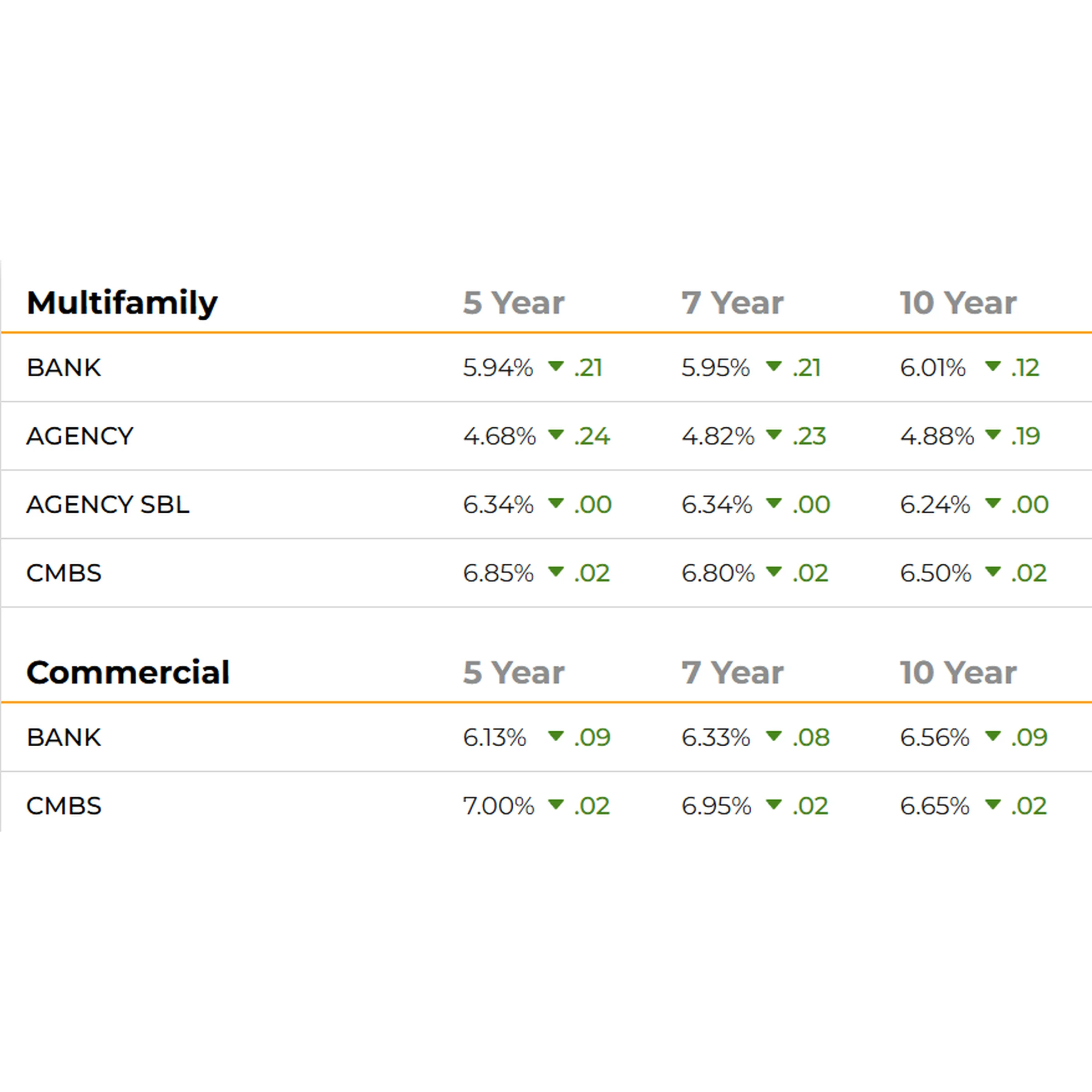
In commercial real estate the tenant estoppel often comes up during the due diligence phase of an acquisition or during the underwriting of a loan. What exactly is a tenant estoppel and how does it work? Let’s dive in and take a closer look at the tenant estoppel.
What is a Tenant Estoppel?
What exactly is a tenant estoppel? By definition, an estoppel certificate is a “signed statement by a party certifying for another’s benefit that certain facts are correct, as that a lease exists, that there are no defaults, and that rent is paid to a certain date. A party’s delivery of this statement estops that party from later claiming a different state of facts.’’ Black’s Law Dictionary, 572 (7th Ed., 1999).
In other words a tenant estoppel is a certified statement by a tenant that verifies the terms and conditions and current status of their lease. Most commercial real estate leases require a tenant to provide an estoppel letter or certificate upon request and this is often a critical step during the due diligence phase of an acquisition and the also during the underwriting of a commercial real estate loan.
Why is this so important? The tenant estoppel provides proof of cash flow, which is ultimately what a potential investor or lender in a property is concerned with.
As an aside, the word “estop” simply means to prohibit, and a tenant estoppel is therefore a certificate that prohibits the tenant from taking a position contrary to what is stated in their certificate.
What’s in a Tenant Estoppel Letter or Certificate?
While the actual items required in a tenant estoppel will vary, here are some common points covered in a typical tenant estoppel letter or certificate:
- The commencement date of the lease.
- The date to which rent has been paid.
- That there are no defaults by either the landlord or the tenant.
- If there are defaults by either party, then a specification of these defaults will be required.
- Verification that the lease is unmodified and in full force and effect.
- If the lease has been modified, then the estoppel certificate will include a statement verifying what modifications have been made.
Most leases will have a provision requiring a tenant to provide a tenant estoppel letter or certificate upon request, however, the details of what is to be included in the actual tenant estoppel certificate can vary. The above items are usually a good starting point.
Conclusion
The tenant estoppel is a common item that often comes up during the due diligence phase of an acquisition and during the loan underwriting process. It’s used to provide a third-party insight into the relationship between a landlord and a tenant. In this short article we covered the purpose of the tenant estoppel and the basic items included.
Source: What is a Tenant Estoppel and How Does It Work?
https://www.creconsult.net/market-trends/what-is-a-tenant-estoppel-and-how-does-it-work/
No comments:
Post a Comment